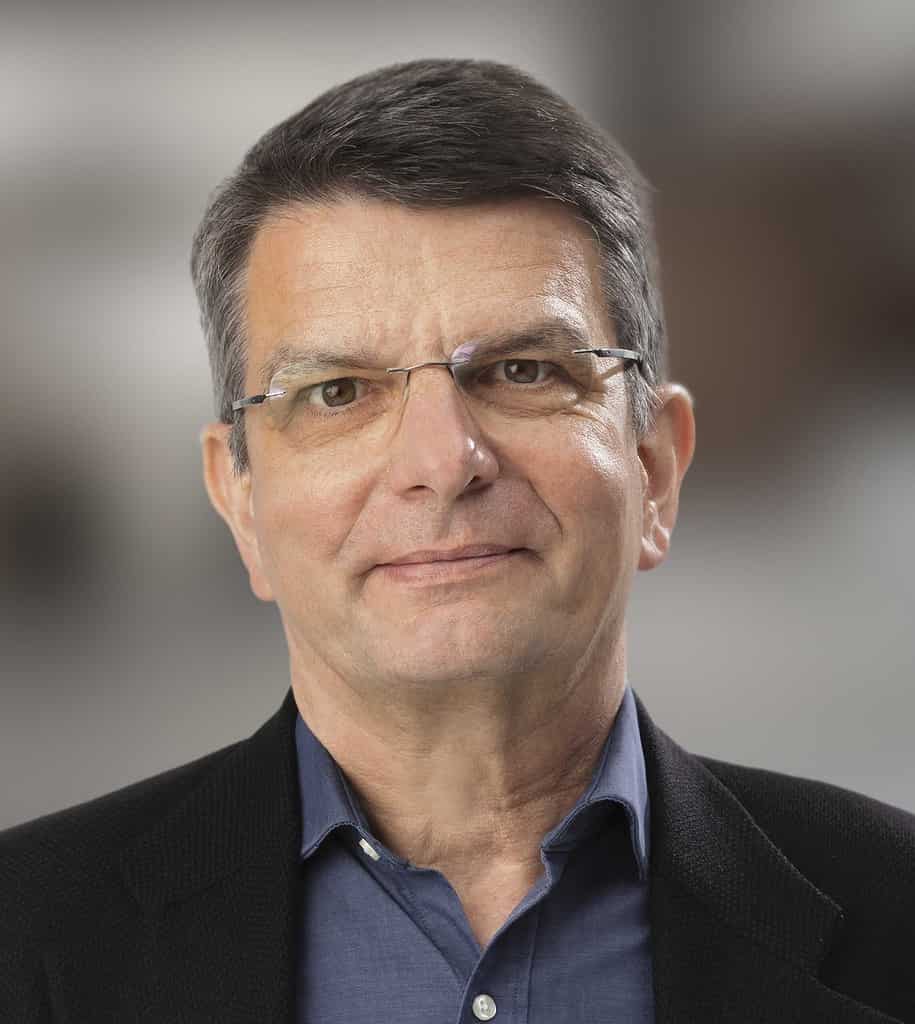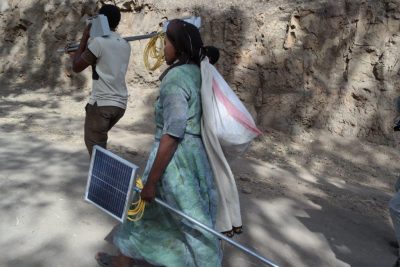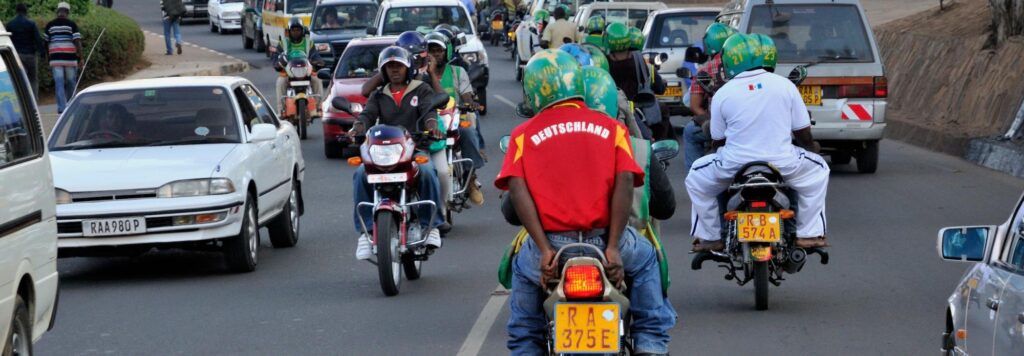Latest Articles

- Uchenna Igwe
The African country has the lowest access to electricity in the world. Women and girls are bearing the brunt of energy poverty.
32-year-old green energy entrepreneur Yetunde Fadeyi will never forget what inspired her to start a clean energy company in Nigeria.
- Heifer International / Sun-Connect News
- Article
The dairy sector currently represents 6.5 percent of the country’s agricultural gross domestic product and dairy production is reported by the Dairy Development Authority of Uganda (DDA) to be a major activity in the cattle corridor, a stretch of rangeland covering more than a third of the country.
- Olowo Aminu, Bodunde Akinola, Nneka Chime and Mosorire Aiyeyemi
- Article
In rural fishing communities in Nigeria, lack of access to grid electricity forces fishers to rely on traditional methods of storage for their catch, like sun-drying, salting and smoking.
- Gathu Kirubi PhD, Solar Energy Foundation Kenya
- Article
What comes to mind when you think of visiting a school for kids with a wide range of mental disabilities such as autism, cerebral palsy, downs drome among other conditions? If you consider yourself to be “mentally normal” like myself, then you expect finding kids who are sad and gloomy, shy and timid, hopeless and desperate.
- Darlain Edeme, Martin Kueppers, Stephen J. Lee, Daniel Wetzel
- Article
Around 600 million people in Africa still lack access to electricity. Despite recent progress, electrification efforts face new headwinds since the Covid-19 pandemic, with a growing debt crisis, poor utility financial health, and increased affordability challenges.

- Katrina Lehmann-Grube, Imraan Valodia, Julia Taylor and Sonia Phalatse
- Article
We take a closer look at the Just Energy Transition grants register and some of the key trends, to determine who the money has gone to, when it was disbursed and what it was spent on.
- Donald Ikenna Ofoegbu
- Article
In the sweltering heat of Nigeria, where temperatures soar above 36 degrees Celsius, the oppressive reality of epileptic power supply casts a dark shadow over daily life. As citizens endure the unbearable heat and frequent blackouts, the quest for reliable electricity becomes a desperate plea for relief.
- Rose Ng’ang’a
- Article
Western philanthropies, including foundations, funds, and others, spend billions of dollars annually to help countries adapt to climate change by investing in clean energy. However, compared to the funds dedicated to projects in poor countries in the world, the disparities are so huge that one gets a sense of an apartheid-like culture.
- Cheng Zhang and Miao Hong
- Article
Like many parts of Africa, motorcycles are the most popular form of transportation among Rwanda’s 13.3 million people. Whether they’re commuting to work or school, transporting jugs of water from the local taps or just running everyday errands, people on “motos” can be found zipping up and down most busy streets in the East African nation.
Editor

Latest Industry News
Latest Country News
Latest Companies & Organisations News
New Downloads
- Sustainable Energy for All (SEforALL)
- 2024
- World Energy Council
- 2024
Subscribe to our weekly newsletter








